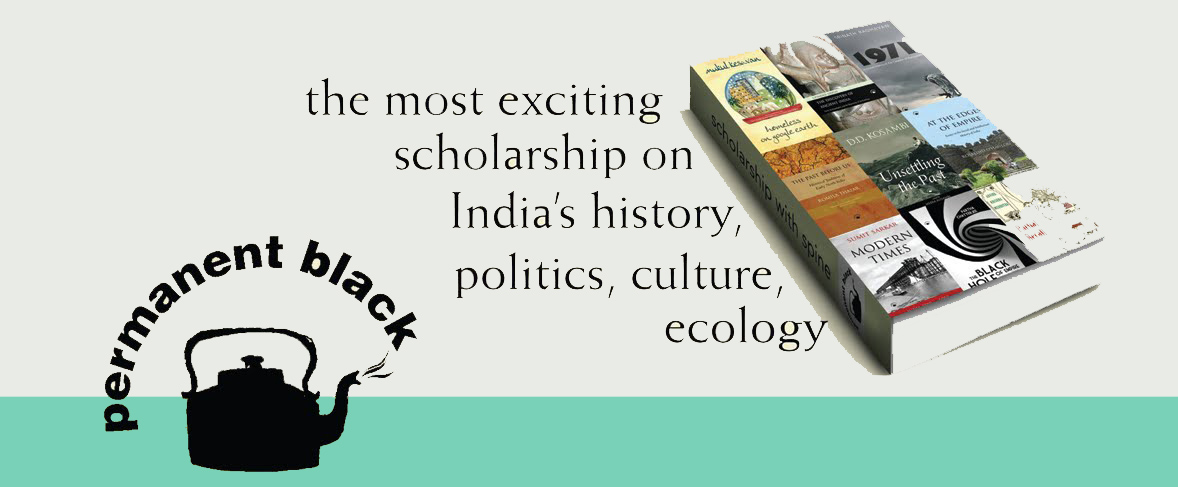This book locates essential aspects of the material, mental, and spiritual world of western Himalayan peasant society. In this large and difficult region, human enterprise and mountainous terrain long existed in a precarious balance. Natural adversity occasionally disrupted this balance. Small peasant communities lived here in scattered environmental niches and tenaciously extracted from their harsh surroundings a rudimentary but sustainable livelihood. Family organisation, social custom, and religious practices were adapted to their purposes. The communities were integral constituents of larger political institutions, the state being one such. This laboriously created life-world was enlivened by myth, folklore, legend, and religious tradition. When colonial rule was established in the region during the eighteenth century, it transformed the peasant’s relationship with his natural surroundings. Old political allegiances were weakened. Yet, resilient customary hierarchies re
